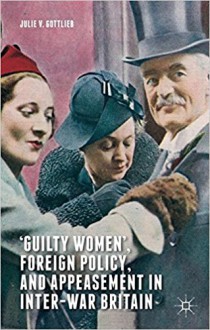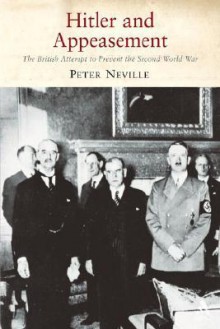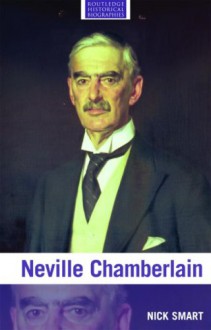
In the eight decades since the start of the Second World War, there has been an unending search of scapegoats to hold responsible for failing to prevent the greatest war in human history. For the British, one of the most persistent of these was the Treasury, whose "dead hand" has long been cited as a key factor holding back Britain's ability to adequately prepare for the threat posed by Nazi Germany. Were it not for the penny-pinching Treasury mandarins, the argument goes, His Majesty's army, navy, and air forces would have been in a better position to stop Germany, possibly even deterring the outbreak of war in Europe in the first place.
George Peden takes issue with this argument. In this dense but well-argued book, he makes the case that, contrary to the legend, the Treasury played a positive role in the rearmament of Britain in the 1930s. Drawing upon a range of documents from the Treasury, the Cabinet Office, and the service ministries (many of which had only been recently declassified at the time he wrote the book) he detailed the process of rearmament form the perspective of the Treasury, setting it in the context of contemporary perspectives and concerns. As he notes, throughout the 1930s the British were still grappling with the problems of the Great Depression, and while the economy was recovering steadily throughout the period it was of paramount importance to both politicians and civil servants to do nothing to jeopardize this. A major consideration in this respect was the argument of finance as the "fourth arm" of the British military effort, and the ongoing need to recover not just from the Depression but from the depletions of British finance caused by the First World War. Given these concerns, any rearmament efforts had to be measured ones.
Within those constraints, however, Peden sees the Treasury as playing a vital role in shaping rearmament efforts. Much of his book is about the role the Treasury played in this process, both in terms of policy formulation and in its implementation. Not only did the Treasury exert considerable influence in determining the amount of money budgeted for the military, they also played a role in determining on what that money would be spent. As Peden shows, much of this was done consultatively, taking into consideration the views of the respective service departments and the military professionals who headed the three branches. This forced the officials involved to determine their priorities in light of means, which, Peden concludes, "ensured that essential elements in Britain's defences were completed first", leaving the country better prepared for the long war that came about than it otherwise would have been.
By shedding light on the sometimes opaque process of fiscal policy formulation and implementation, Peden provides readers with a valuable study of how Britain readied for war in the 1930s. In the process, he makes a convincing case for a more nuanced judgment of the Treasury’s role, one that gives it due credit for its efforts to prepare the armed services and the national finances for the conflict that followed. Though some of his related judgments can be harsh (his treatment of Stanley Baldwin is a little cold-blooded), his book is necessary reading for anyone interested in learning about a vital aspect of British rearmament in the years before the Second World War, one that is no less important for how little attention it receives.

 Log in with Facebook
Log in with Facebook 









